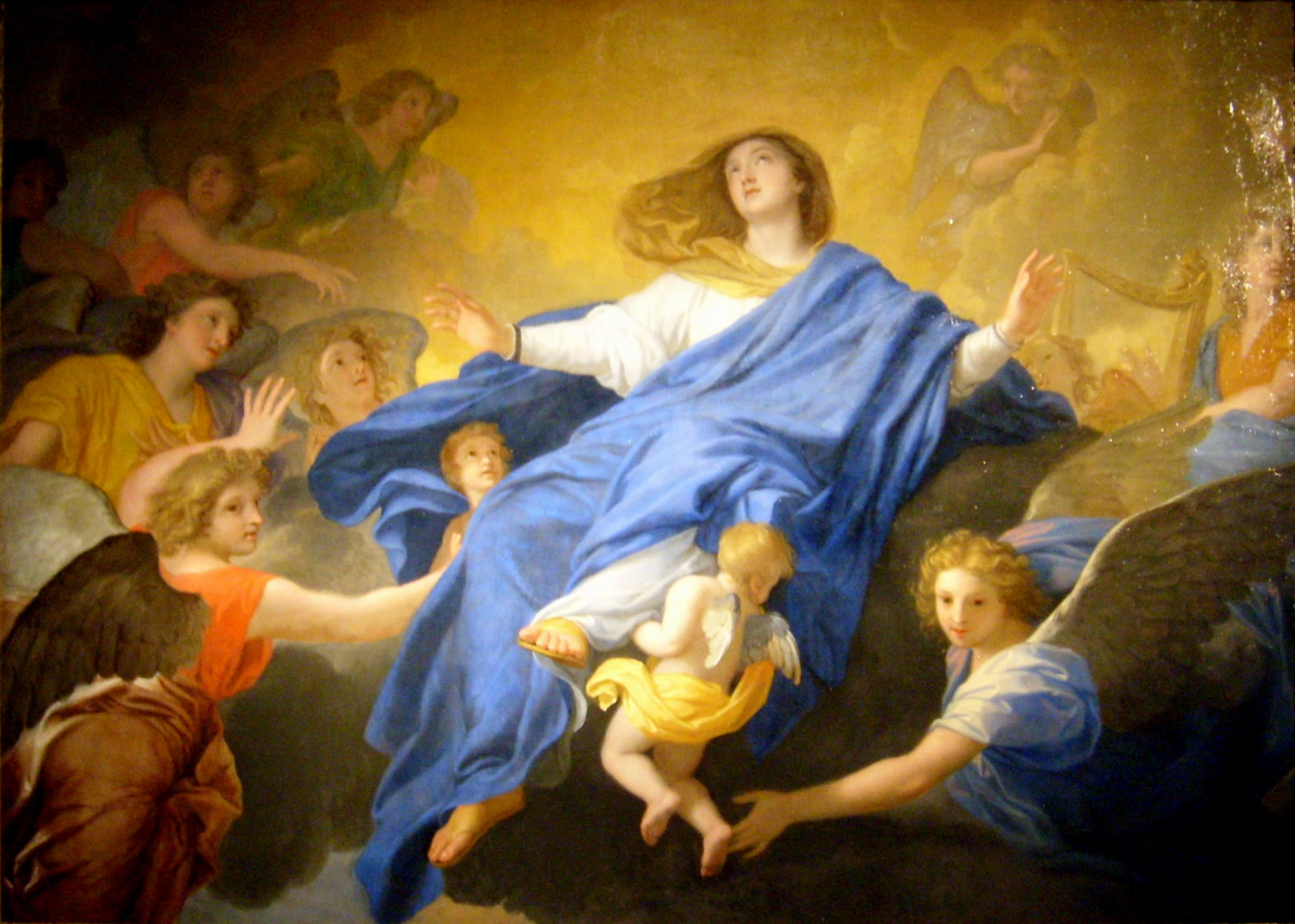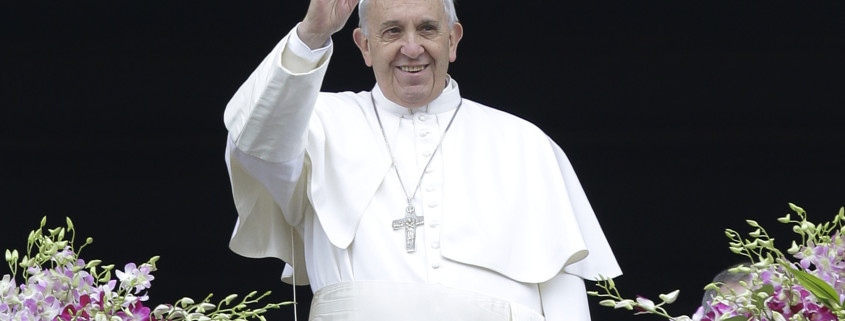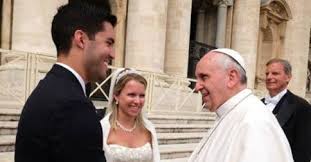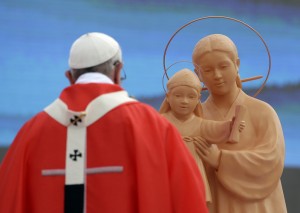 Today is the Solemnity of the Assumption of Mary, celebrating that God raised the Virgin Mary, body and soul, to the glories of heaven at the end of her earthly journey. Here are four quick facts about this teaching of the Church :
Today is the Solemnity of the Assumption of Mary, celebrating that God raised the Virgin Mary, body and soul, to the glories of heaven at the end of her earthly journey. Here are four quick facts about this teaching of the Church :
1. Catholics must believe this in order to hold the Faith.
The Assumption of Mary is one of the four Marian Dogmas (infallible teachings) that Catholics must believe (the others being the Immaculate Conception, Divine Maternity, and Perpetual Virginity of our Lady). The reason why validity of the doctrine can be trusted is that it rests on the same foundation as that of Transubstantiation or the Canon of the Bible – namely, the teaching authority of the Catholic Church.
2. There is good circumstantial, supporting evidence for the Assumption.
No Christian community has ever claimed to have the relics (bones or other mortal remains) of the Virgin Mary. When one considers how Christians venerated the relics and final resting places of important saints in the early Church period (such as St Peter’s Basilica being built over his tomb), it is remarkable that no church has ever claimed to have her relics. If the relics of the Mother of Jesus relics really did exist, they would have been prized above all others. An argument from silence isn’t always the greatest, but in this case, silence speaks volumes.
3. There is indirect, biblical support for the doctrine.
The simple fact of the matter is that, in salvation history recorded in the Bible, “assumptions happen”. Genesis speaks of Enoch, who “walked with God and was no more, because God took him” (Genesis 5:24; cf. Hebrews 11:5). Most interpreters believe that Enoch was assumed, body and soul, into heaven. Also, Elijah was taken up to heaven, body and soul, in a chariot of fire (2 Kings 2:11).
If these holy ones of old could be translated directly to heaven, why not the “Panagia” (“All-Holy”) mother of God, who “gave the Word flesh” (cf. John 1:14)? In Revelation 12, John sees the “Ark of the (New) Covenant”, Mary in heaven.
4. Christians have believed this for centuries.
Catholics did not “invent” the doctrine of the Assumption when Pope Pius XII officially defined it in 1950. All the Pope was doing was making clear that this teaching was always true and part of the deposit of faith (Jude 3) for centuries. How do we know this? Because the Church’s liturgy (including the content of liturgical prayers and feast days) included the Assumption from the earliest times. Some even believe it was the earliest of Marian feast days, originating in Jerusalem.
Many Christian practices were suppressed under the wicked reign of Emperor Hadrian, who had levelled much of Jerusalem in 135 AD, renaming the town after the pagan god Jupiter. After Constantine’s acceptance of the faith in the fourth century, many Christian feasts were revived. The Assumption began to be celebrated in Rome as early as the seventh century. It is in the liturgy that Sacred Tradition is taught most clearly, for “the Church believes as She prays” (Lex orandi, lex credendi).
We have a powerful intercessor in heaven in Mary, who precedes all of us who look forward to life in the new heaven and the new earth in a glorified humanity of body and soul. We close with a liturgical prayer asking for that intercession: Recordare, Virgo Mater Dei, dum steteris in conspectu Domini; ut loquaris pro nobis bona (“Remember, Virgin Mother of God, when you walk in the presence of the Lord, to speak well of us”).





 Q. I have heard many pundits from the MSM (mainstream media) declare that Pope Francis wants to redefine marriage. Is this true?
Q. I have heard many pundits from the MSM (mainstream media) declare that Pope Francis wants to redefine marriage. Is this true? Can you elaborate on the parable of the talents from this Sunday’s Gospel (Matt 25:14-30)?
Can you elaborate on the parable of the talents from this Sunday’s Gospel (Matt 25:14-30)?
 The Holy Father highlights the need for reconciliation, which is of particular concern for the future of the Korean peninsula.
The Holy Father highlights the need for reconciliation, which is of particular concern for the future of the Korean peninsula.
 Q. What are some things we can learn from this Sunday’s Feast of the Ascension of the Lord?
Q. What are some things we can learn from this Sunday’s Feast of the Ascension of the Lord?